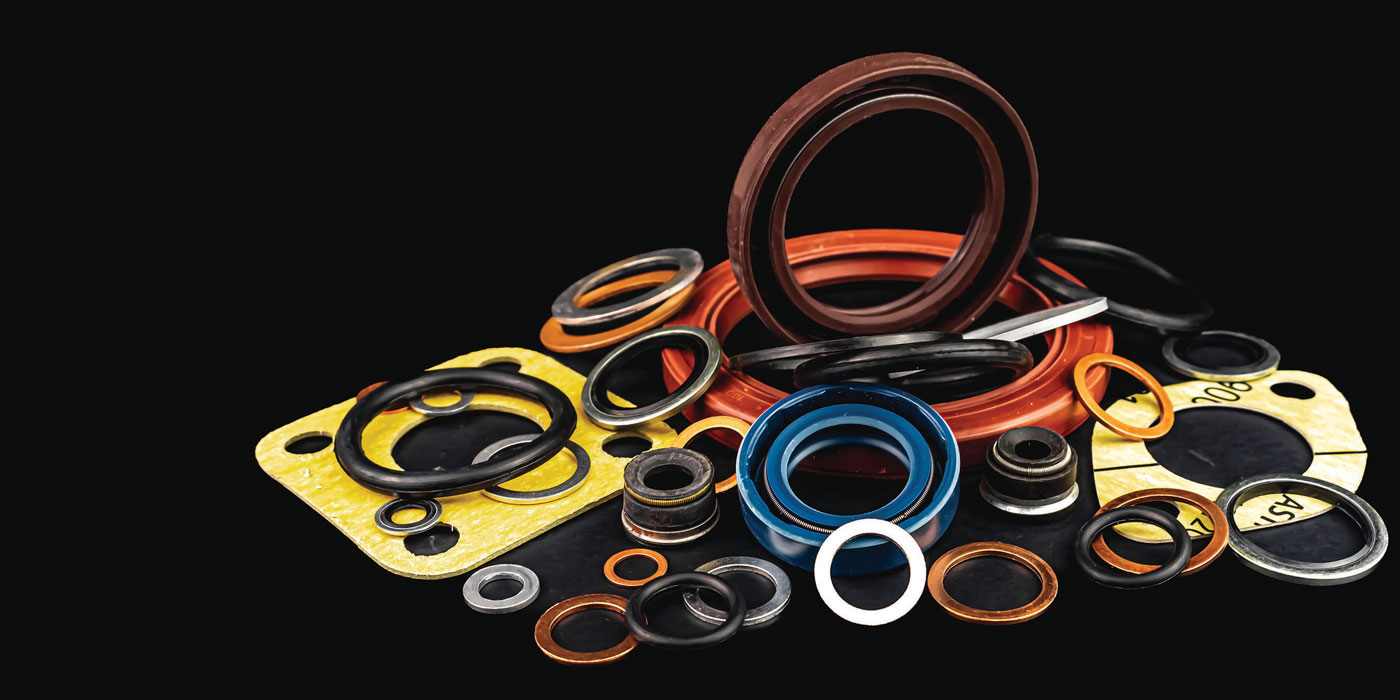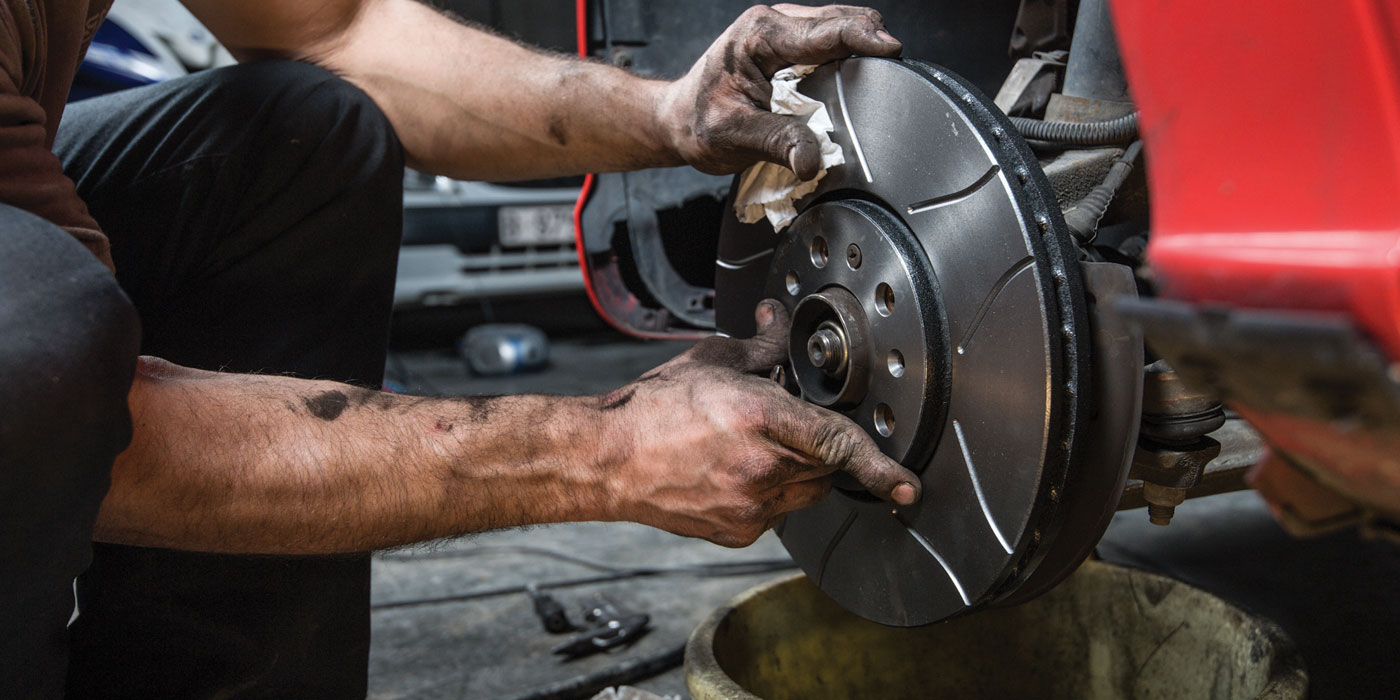One of my responsibilities for our company is catalog distribution. Do you remember, those thick, heavy bound copies of information and specifications that used to be the lifeblood of our industry? Well, after working on new store projects the past couple of months, I was falling behind in my catalog job. In fact, our whole catalog area needed updating. So, I came in a couple of Sundays ago to “get ‘er done.”
I was well into the project, when one of our newer, younger countermen passed by me and asked, “Why are you working so hard on something we don’t use anymore?”
“What?” I asked. He repeated his question again and I was in as much a state of disbelief the second time he asked the question, as I was the first time. The blank expression on my face further prompted him to say, “It’s all in the computer now.”
It’s been a while since I’ve worked the sales counter. As a matter of fact, I understand that our store managers would rather operate short-handed, than to have me show up to help them. It’s something about how much time they have to spend explaining things to me and it being faster to just do it themselves. Anyway, that doesn’t mean I don’t understand what is important to that job. The comment from that young counterman told me that there is still a whole lot I understand about his position that he doesn’t.
Computers are terrific and they are a vital tool that very few of us could ever get along without anymore. But, arguably, paper catalogs still hold a vital position in the counter.
Whenever one of our experienced countermen are in a situation where they cannot determine the specific details of a particular application, they head straight for the hard copy of the manufacturer’s catalog. We always have the most current copy of every manufacturer’s catalog in each of our stores, and most of the time, we will usually have several previous printings of the same manufacturer’s catalog. Whenever possible, these reference materials will date back to the 1950s or 1960s.
Why do we keep all of these? Because the people who input the data from catalogs to computer files miss a lot of important information. Maybe there isn’t enough room in the computer files for all of those details and footnotes. Whatever the reason, computer catalogs are almost always incomplete. Incomplete catalog information creates potential errors for our countermen and ultimately, service issues for our customers who are affected by wrong information.
Check it out for yourself. Pull up a fairly complicated application in the computer and then look it up in the same manufacturer’s paper catalog. Be sure to look all over the page of the paper catalog, top, bottom and sides. There is a very good chance that you discovered some specific information, or footnotes in the pages of the paper catalog that do not appear in the computer catalog listing for the same application. It happens all the time!
We frequently hear from many of our customers that used to frequent our “big box” competitors. They would say, “If it isn’t in the computer over there, they can’t find it!”
Unlike the more traditional auto parts suppliers, such as CARQUEST, NAPA and many of the independent jobbers that have been around for decades, stores like AutoZone, CSK and Pep Boys, depend almost exclusively on computer cataloging for all application data. That works well for them, because they usually only offer parts to their customers that are stocked in their systems. They seldom go outside their own systems to source parts, so there is no need for cataloging beyond what their system offers.
Well, that’s not us. And, if that is not representative of the company that you work for, it’s time to make sure that the hard copy catalogs in your company are given the attention they deserve. As a professional counterperson, you understand that these are far too valuable of a tool to take lightly.









